CRM stands for Customer Relationship Management in healthcare. It helps manage patient interactions and improve service quality.
CRM in healthcare focuses on enhancing patient engagement and satisfaction. Healthcare providers use CRM systems to streamline communication, track patient history, and coordinate care. These systems facilitate better appointment scheduling, personalized treatment plans, and follow-up care. CRM tools also help in managing patient data securely, ensuring compliance with healthcare regulations.
By integrating CRM, healthcare organizations can improve operational efficiency and patient outcomes. Efficient CRM systems lead to a more organized, patient-centric approach, ultimately boosting trust and loyalty. As a result, healthcare providers can offer more tailored and effective care, leading to higher patient retention rates.
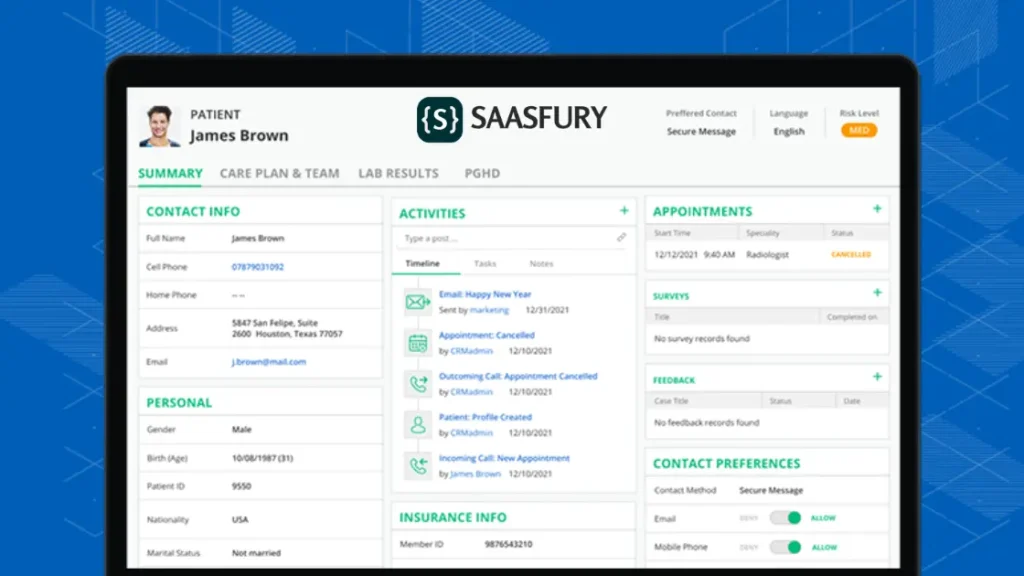
Table of Contents
Introduction To Crm In Healthcare
CRM stands for Customer Relationship Management. In healthcare, CRM helps manage patient interactions. It improves patient care and operational efficiency. CRM systems offer tools to track patient history and appointments. They also help in managing patient data securely.
Defining CRM
CRM is a technology that manages all of your company’s relationships. It focuses on customer interactions and data. In healthcare, CRM systems track patient information. They help in managing patient communications and treatments.
CRM systems store patient records, contact details, and treatment history. They also manage appointment scheduling and follow-ups. This makes patient management more effective and organized.
Importance In Healthcare
CRM systems offer many benefits to the healthcare sector. Here are some key points:
- Improved Patient Care: CRM systems help in personalized patient care.
- Efficient Data Management: They ensure secure and organized patient data storage.
- Better Communication: CRM facilitates better communication between patients and providers.
- Operational Efficiency: They streamline administrative processes.
CRM systems also help in analyzing patient data. This leads to better decision-making and improved healthcare services.
CRM In Action
Here’s a simple table to show CRM features and their benefits:
| CRM Feature | Benefit |
|---|---|
| Patient Data Management | Secure and organized data storage |
| Appointment Scheduling | Efficient and timely appointments |
| Communication Tools | Better patient-provider interactions |
| Data Analysis | Improved decision-making |
Key Features Of Healthcare CRM
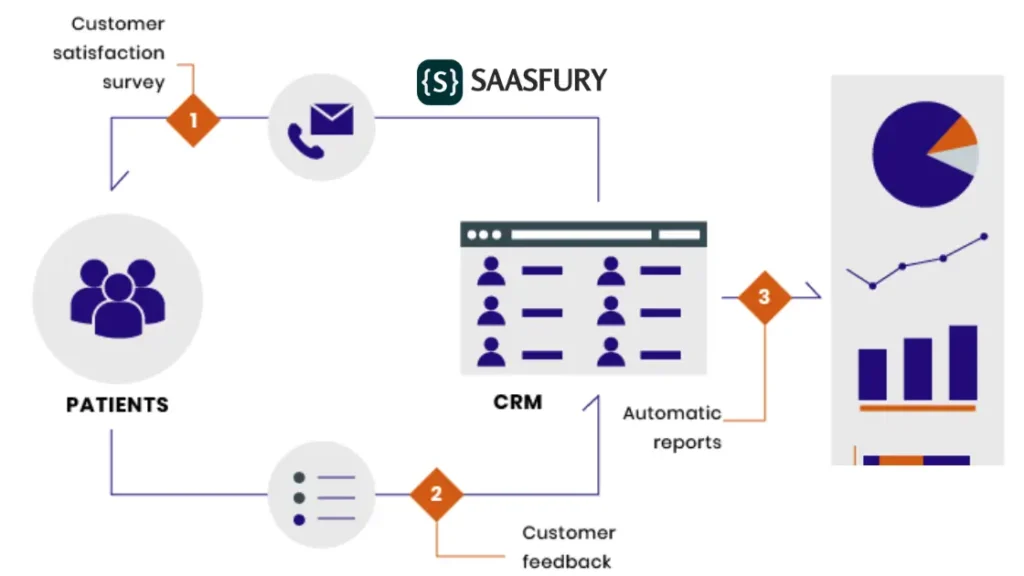
Healthcare CRM systems are designed to enhance patient care. They streamline operations and improve service quality. The key features of these systems include Patient Management and Data Integration. These features ensure efficient handling of patient information and data.
Patient Management
Patient Management is a crucial feature of healthcare CRM. It helps in organizing patient data efficiently. The system allows quick access to patient records. This improves the quality of care provided.
With patient management, healthcare providers can track patient history. They can also manage appointments and follow-ups. This leads to better patient outcomes and higher satisfaction.
Key components of patient management include:
- Scheduling and reminders
- Patient records
- Interaction history
- Care plans
Data Integration
Data Integration is essential for a comprehensive healthcare CRM. It allows the integration of data from various sources. This includes lab results, imaging reports, and patient histories.
Effective data integration ensures that healthcare providers have a complete view of patient information. This leads to more accurate diagnoses and better treatment plans. It also reduces the chances of errors.
Features of data integration include:
- Electronic Health Records (EHR) integration
- Lab and imaging data synchronization
- Data from wearable devices
- Pharmacy information
Data integration also supports real-time data access. This ensures that healthcare providers have the most up-to-date information. It enhances the overall efficiency of the healthcare system.
Benefits For Patients
CRM stands for Customer Relationship Management. In healthcare, CRM systems offer many benefits for patients. These systems help improve communication and provide personalized care. Patients can enjoy a better experience and improved health outcomes.
Improved Communication
With CRM, patients can communicate better with their healthcare providers. They can easily schedule appointments, ask questions, and get answers quickly. This helps reduce stress and confusion for patients.
CRM systems can send reminders for appointments and medication. Patients receive alerts on their phones or emails. This ensures they never miss an important date or dosage.
Improved communication leads to faster responses in emergencies. Patients can reach out to their doctors quickly, ensuring timely help.
Personalized Care
CRM systems store patient information securely. Doctors can access detailed medical histories. This helps in providing personalized care for each patient.
Patients receive treatment plans tailored to their needs. This improves their health outcomes. Personalized care can also include lifestyle and diet recommendations.
CRM systems track patient progress over time. Doctors can adjust treatments based on this data. This ensures patients receive the best possible care.
| Feature | Benefit |
|---|---|
| Appointment Reminders | Reduces missed appointments |
| Secure Data Storage | Protects patient information |
| Customized Treatment Plans | Improves health outcomes |
Advantages For Healthcare Providers
Customer Relationship Management (CRM) systems revolutionize healthcare. They provide numerous advantages for healthcare providers. Let’s explore how CRM enhances efficiency and improves data analysis.
Enhanced Efficiency
CRM systems streamline administrative tasks in healthcare settings. Medical staff spend less time on paperwork. This allows them to focus more on patient care.
Automated appointment scheduling reduces no-show rates. It ensures that patients receive timely care. It also reduces the administrative burden on staff.
CRMs facilitate seamless communication among healthcare teams. This improves coordination and reduces errors. It ultimately enhances patient outcomes.
Task management features in CRMs help track responsibilities. They ensure that deadlines are met and follow-ups are timely.
Better Data Analysis
CRM systems collect and store vast amounts of patient data. This data is valuable for personalized care.
Advanced analytics tools in CRMs identify patient trends. They help in the early detection of health issues.
CRMs generate detailed reports on patient outcomes. This helps healthcare providers improve treatment plans.
Data analysis from CRMs supports evidence-based decision-making. It ensures that healthcare providers deliver the best care possible.
Table: Key Benefits of CRM for Data Analysis
| Feature | Benefit |
|---|---|
| Data Collection | Comprehensive patient records |
| Trend Analysis | Early detection of issues |
| Reporting | Improved treatment plans |
| Decision Support | Evidence-based care |
Implementation Strategies
Implementing a CRM system in healthcare can greatly improve patient care and operational efficiency. However, for a successful CRM implementation, two key factors need careful consideration: choosing the right CRM and training staff effectively.
Choosing The Right CRM
Choosing the right CRM is crucial for healthcare providers. Here are some important factors to consider:
- Ease of Use: The CRM should be user-friendly and easy to navigate.
- Integration Capabilities: Ensure the CRM integrates well with existing systems.
- Data Security: The CRM must comply with HIPAA and other regulations.
- Customization: The CRM should be customizable to meet specific needs.
- Support and Training: Opt for a vendor that offers robust support and training.
Training Staff
Training staff is essential for successful CRM implementation. Follow these steps to ensure effective training:
- Initial Training: Start with comprehensive training sessions for all staff.
- Ongoing Support: Provide ongoing support and resources for staff.
- Feedback Mechanism: Establish a system for staff to provide feedback.
- Regular Updates: Keep staff informed about CRM updates and new features.
- Role-Based Training: Tailor training sessions to the specific roles of staff members.
Challenges And Solutions
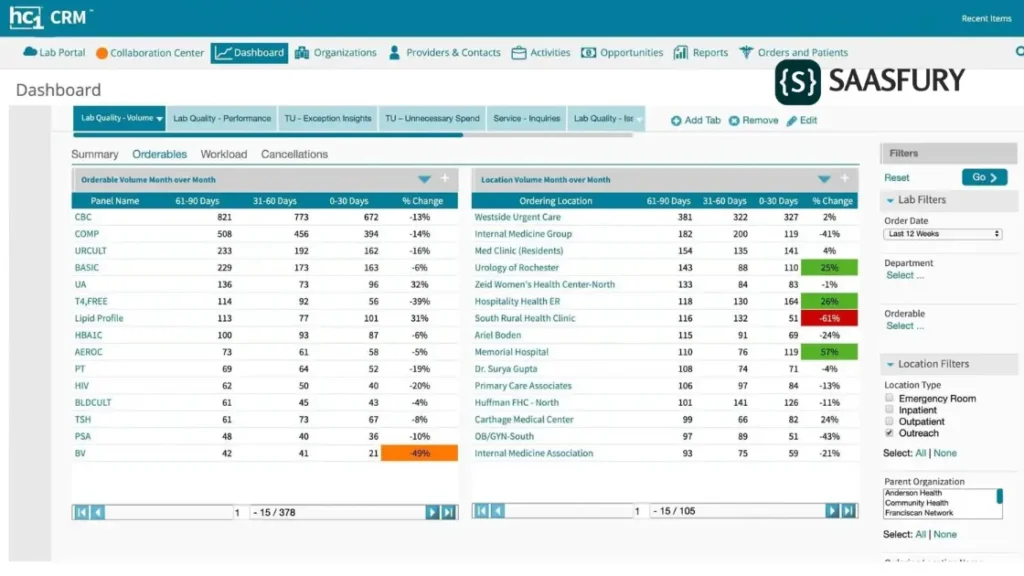
The implementation of CRM in healthcare brings numerous benefits. However, it is not without challenges. Understanding these challenges and finding effective solutions is crucial for seamless integration. Below are some common hurdles and their potential solutions.
Data Privacy Concerns
Data privacy concerns are a significant challenge in healthcare CRM. Health information is sensitive and must be protected.
- Patient data security must comply with regulations like HIPAA.
- Implementing encryption for data at rest and in transit is essential.
- Access controls should be in place to limit data access.
Healthcare organizations must train staff on data privacy protocols. Regular audits ensure compliance and identify potential threats.
Overcoming Resistance
Overcoming resistance to new technologies is another challenge in healthcare CRM. Staff may resist change due to fear or lack of understanding.
- Education and training programs can alleviate fears.
- Showcasing the benefits of CRM through case studies can be effective.
- Providing a support system during the transition period is crucial.
Engaging staff in the implementation process can also help. Involving them from the start makes them feel valued and reduces resistance.
| Challenge | Solution |
|---|---|
| Data Privacy Concerns | Encryption, Access Controls, Staff Training |
| Overcoming Resistance | Education, Case Studies, Support System |
Case Studies
Case studies provide valuable insights into the practical applications of CRM in healthcare. They highlight successful implementations and lessons learned. These real-world examples offer a glimpse into the transformative power of CRM.
Successful Implementations
Several healthcare organizations have successfully implemented CRM systems. These cases demonstrate the benefits and efficiency gains from CRM.
| Organization | Implementation | Outcome |
|---|---|---|
| Healthcare Group A | Patient engagement platform | Increased patient satisfaction by 30% |
| Clinic B | Appointment scheduling system | Reduced no-show rates by 50% |
| Hospital C | Comprehensive patient database | Improved care coordination |
Lessons Learned
Organizations have learned many lessons from CRM implementations. These lessons help others avoid common pitfalls.
- Data Quality: Ensure data accuracy for effective CRM use.
- User Training: Train staff to maximize CRM benefits.
- Customization: Tailor the CRM to fit specific needs.
- Integration: Seamlessly integrate CRM with existing systems.
These lessons guide future implementations. They ensure CRM systems deliver maximum value.
Future Trends
Future trends in CRM (Customer Relationship Management) in healthcare are reshaping patient care. These trends are driving innovation, efficiency, and better patient outcomes. Two significant trends stand out: AI integration and telehealth synergies.
Ai Integration
AI integration in CRM systems is revolutionizing healthcare. AI can analyze vast amounts of data quickly. This helps in predicting patient needs and personalizing care. AI-driven chatbots can provide 24/7 patient support. These chatbots can answer questions, schedule appointments, and more.
AI algorithms can identify patterns in patient data. These patterns can indicate potential health issues. Early detection means early intervention, improving patient outcomes. AI also assists healthcare providers in decision-making. It offers insights based on patient history and current data.
| AI Feature | Benefit |
|---|---|
| Predictive Analytics | Early detection of health issues |
| Chatbots | 24/7 patient support |
| Data Analysis | Personalized patient care |
Telehealth Synergies
Telehealth synergies are enhancing CRM in healthcare. Telehealth allows remote patient consultations. This reduces the need for in-person visits. Patients can receive care from the comfort of their homes. CRM systems can track these telehealth interactions. This ensures continuity of care and accurate record-keeping.
Integrating telehealth with CRM systems offers several benefits:
- Improved patient engagement
- Efficient appointment scheduling
- Enhanced patient monitoring
Telehealth also supports chronic disease management. Patients can have regular check-ins without leaving home. This is especially beneficial for elderly or immobile patients.
Conclusion
Understanding CRM in healthcare enhances patient care and streamlines operations. This powerful tool fosters better patient relationships and improves efficiency. By implementing CRM systems, healthcare providers can deliver personalized care and manage patient data effectively. Embrace CRM to revolutionize your healthcare practice and ensure optimal patient satisfaction and loyalty.

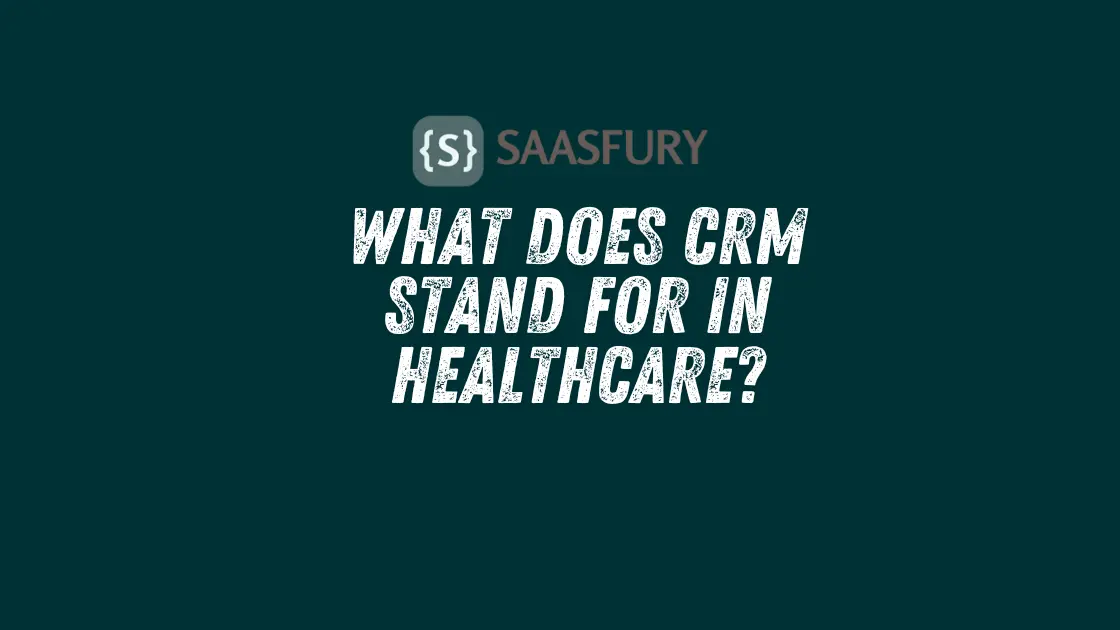
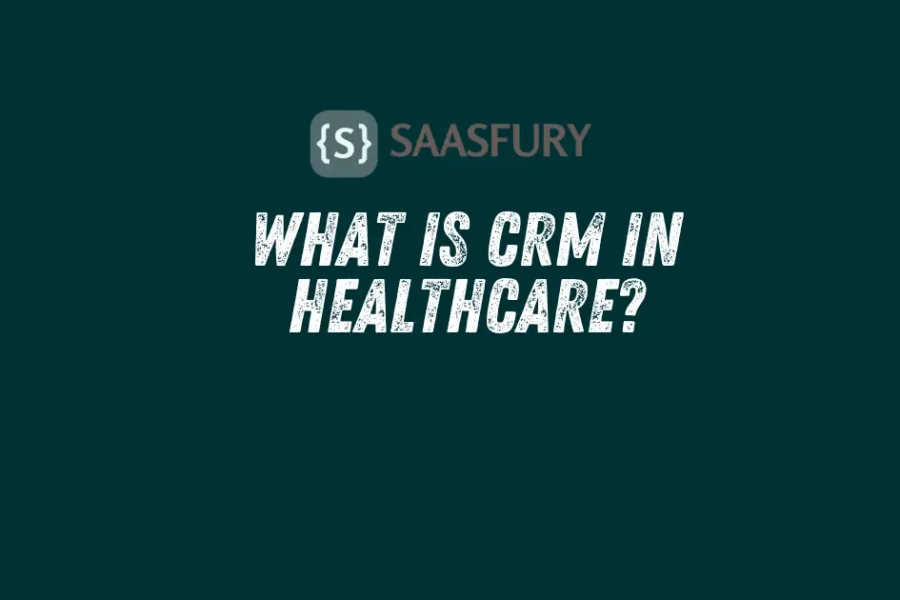



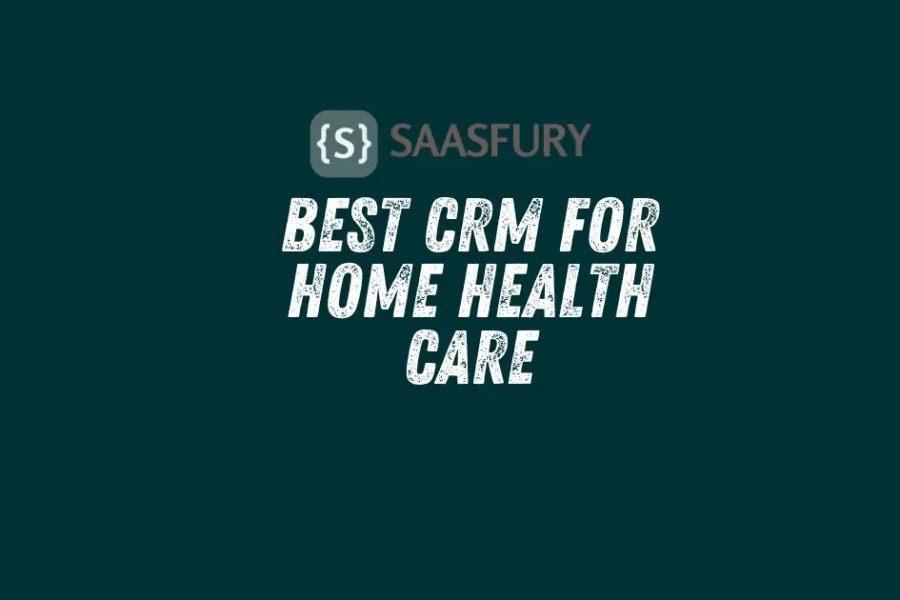
Leave a Comment